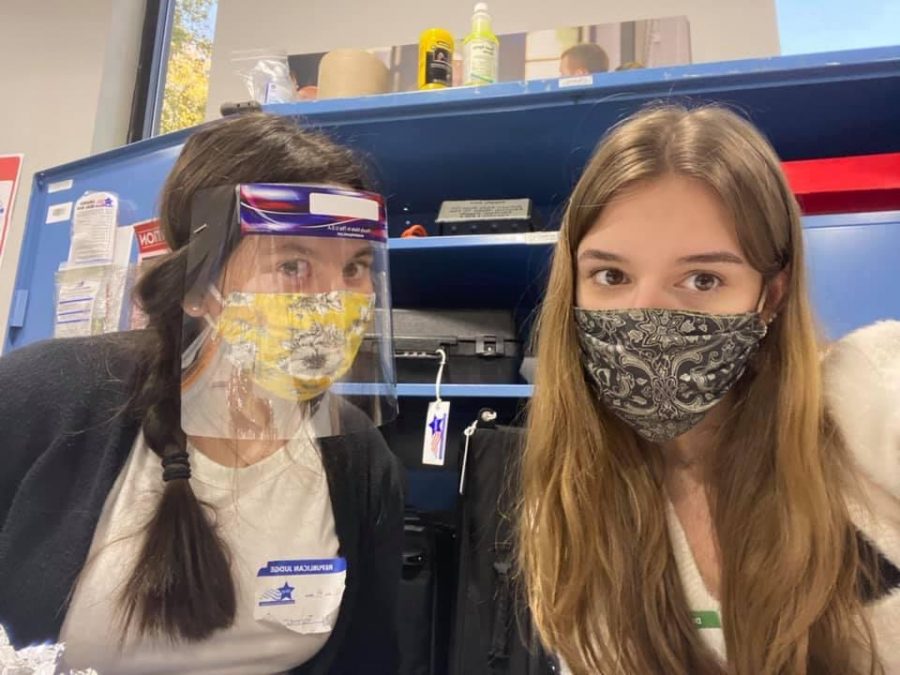My Experience as an Election Poll Worker
Too young to vote in this year’s significant election, I decided to become a poll worker. Being a poll worker is not something that I was previously familiar with or even knew I was able to do. To be frank, I thought poll workers were only compiled of old folk. It was not until I saw an Instagram post by Nick Kroll that I was informed otherwise. He was encouraging younger generations to work the polls, through an organization called Power the Polls. Due to COVID-19 and the high risk it brings for older people, many of them were unable to work the polls this year. Therefore, it was important that younger people step up and I decided to be one of them. I clicked the link in Nick Kroll’s bio and was immediately intrigued–and not just by the $200 payment that came along with working the polls. I was intrigued by the opportunity to pursue the democracy that lay before me.
It wasn’t long before I was signed up to work the polls. To prepare, all poll workers are required to complete four hours of online training. In this training, the basics of working as an election judge are covered, as well as the different situations that may occur. I reviewed the process behind registering new voters, assigning ballots, and ensuring American citizens’ right to vote.
The day arrived–Election Day. I woke up at the bright and early hour of 4:00 a.m. and got ready to go. I grabbed my election judge handbook, my coffee, and waited for my ride, who happened to my friend and fellow election judge, McKenna O’Brien ’21. When we arrived at the polling place, booths, tables, and signs we already in place, for we had come to set them up the night before. Now, all we had to do was activate the electronics and welcome our voters.
When voters first arrive, they are greeted at the door where they fill out a sheet of paper with their basic information. This paper is then brought to station one of the judge’s table. Here, the judges look up the voter and check their status. From there, they are told if they need to register, fill out a special ballot, or if they are good to go. If they are good to go, they continue down the line to the station in which I worked. At my station, I would take their sheet of paper, mark their number in the voter succession, and initial it. Then, I would call out the type of ballot to the judge at the next station, who would provide said ballot to the voter. The voter then goes to a booth to complete their ballot. When they finish, they feed it into the ballot box to count their vote. If all goes well, the voter receives their sticker, symbolizing the completion of their civic duty!
Overall, I was extremely grateful for my experience as a poll worker. This year, more than ever, poll workers were vital to the election process. They are responsible for counting and recounting the votes as needed. As a nation, we rely on them to bring us the results of our election and, ultimately, the future of our country. My experience allowed me to be immersed into a nonpartisan environment, aiding people in exercising their right to vote. In the future, I plan to work the polls again, vote when I am able, and uphold the democracy of America in any way I can.


